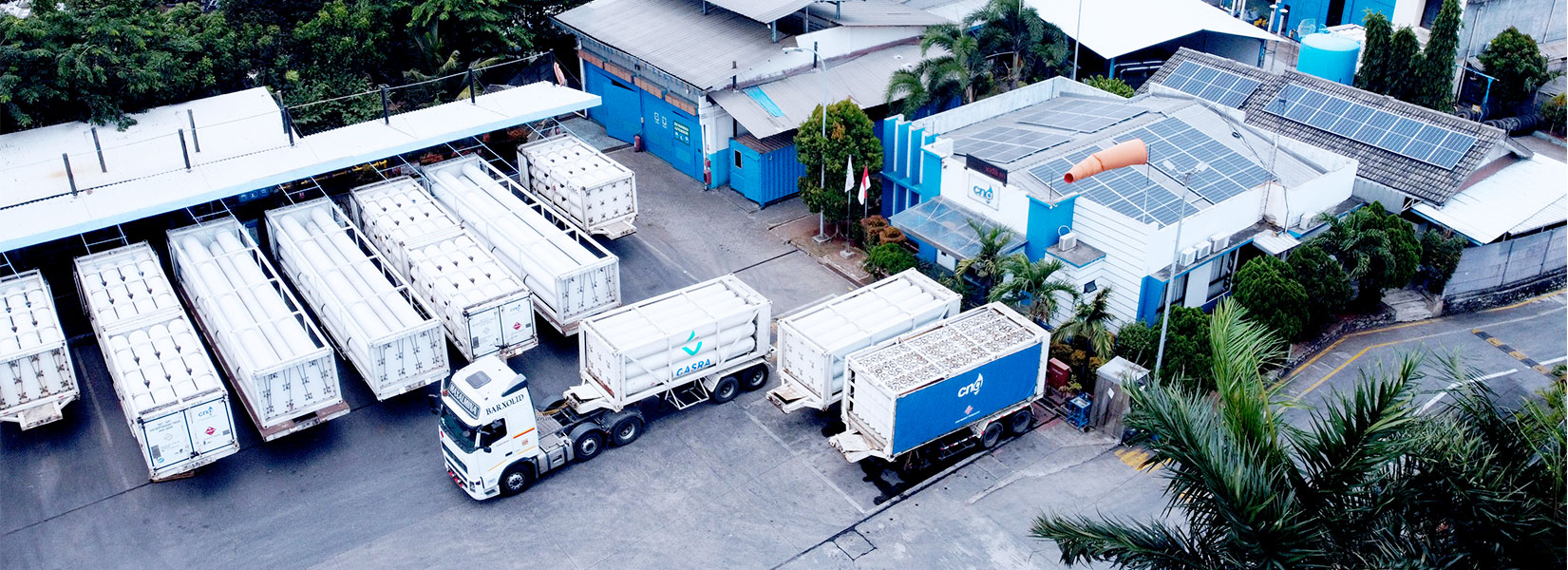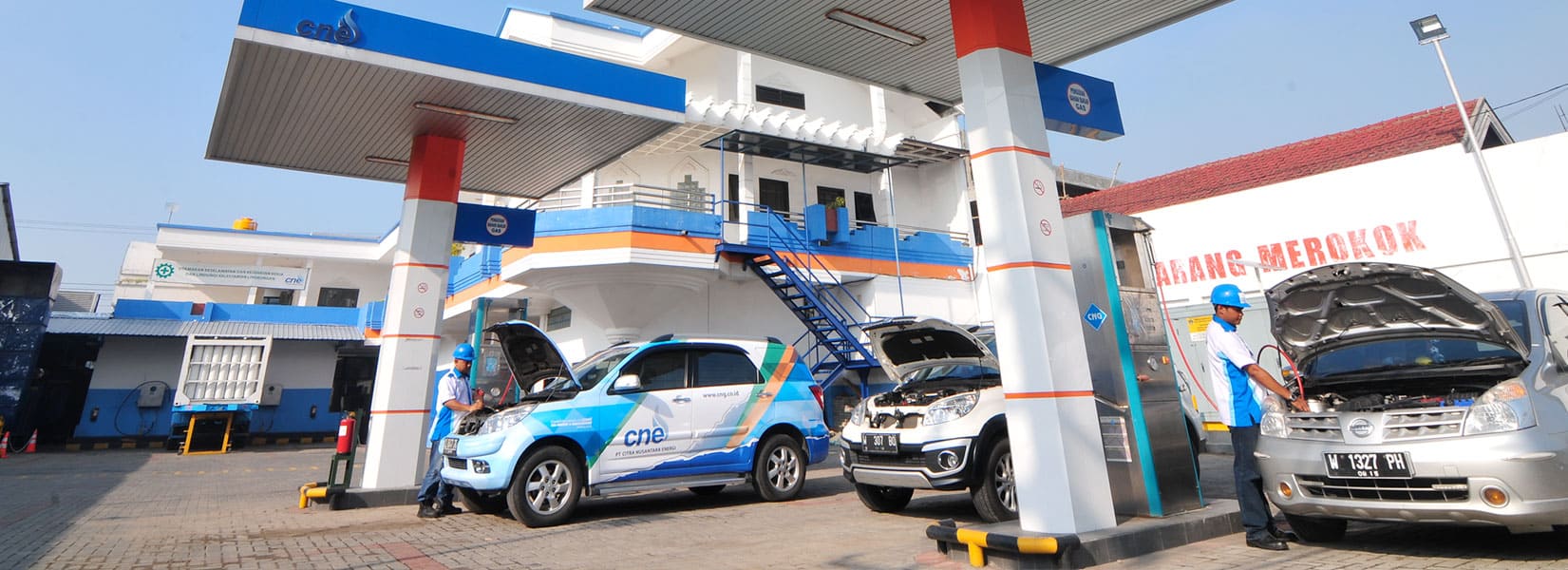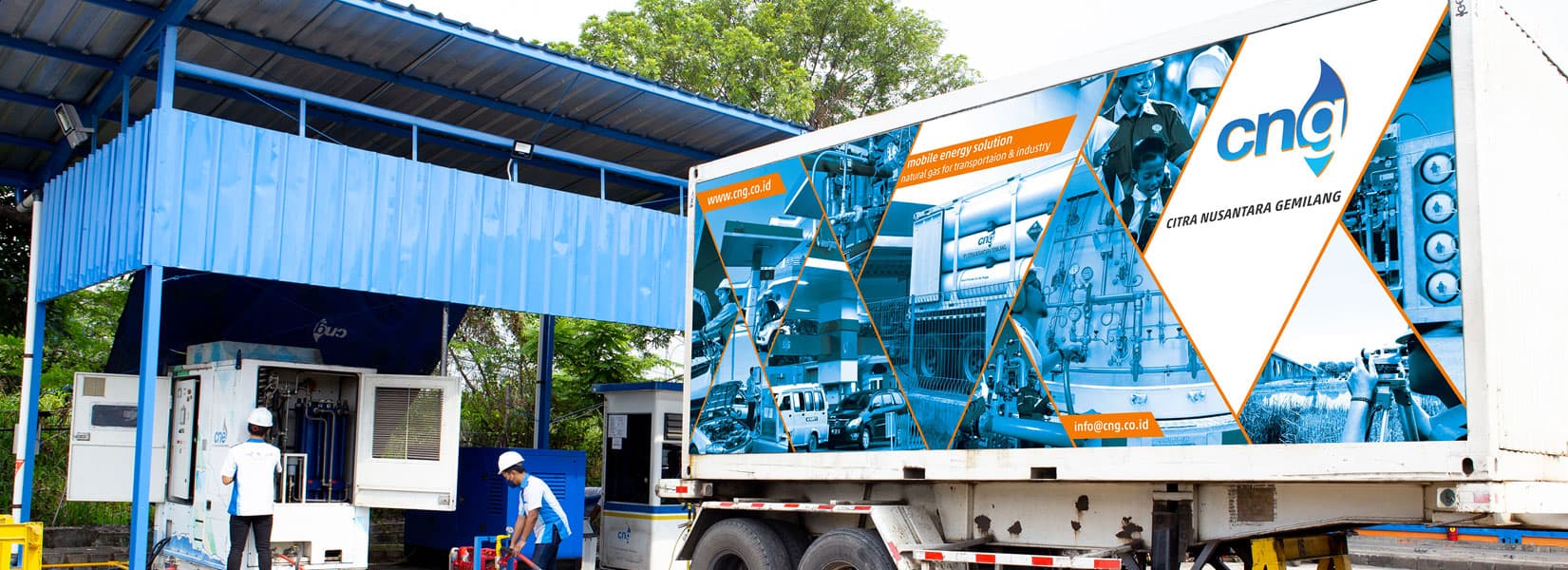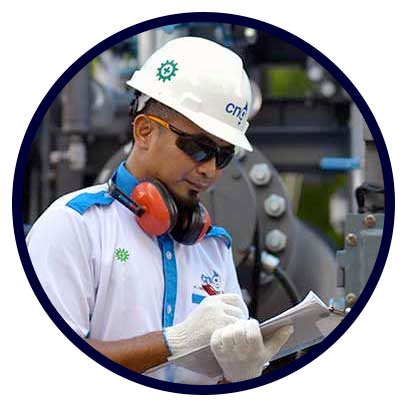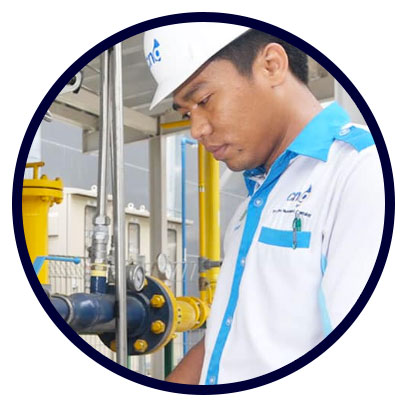PT. Citra Nusantara Gemilang was established on December 2005, known as a trading company and a pioneer compressed natural gas distributor for transporting natural gas to not yet reached gas pipeline areas. This natural gas is used for industrial purposes, transportations, homes, and private power plant that use gas as their energy.
Our service covers CNG B2B (Compressed Natural Gas Business to Business) and CNG B2C (Compressed Natural Gas Business to Consumer) targeting transportation sector, consultation in related to natural gas area’s operational and maintenance services. Furthermore, we also cooperate with strategic partners to strengthen our business in this industry.



